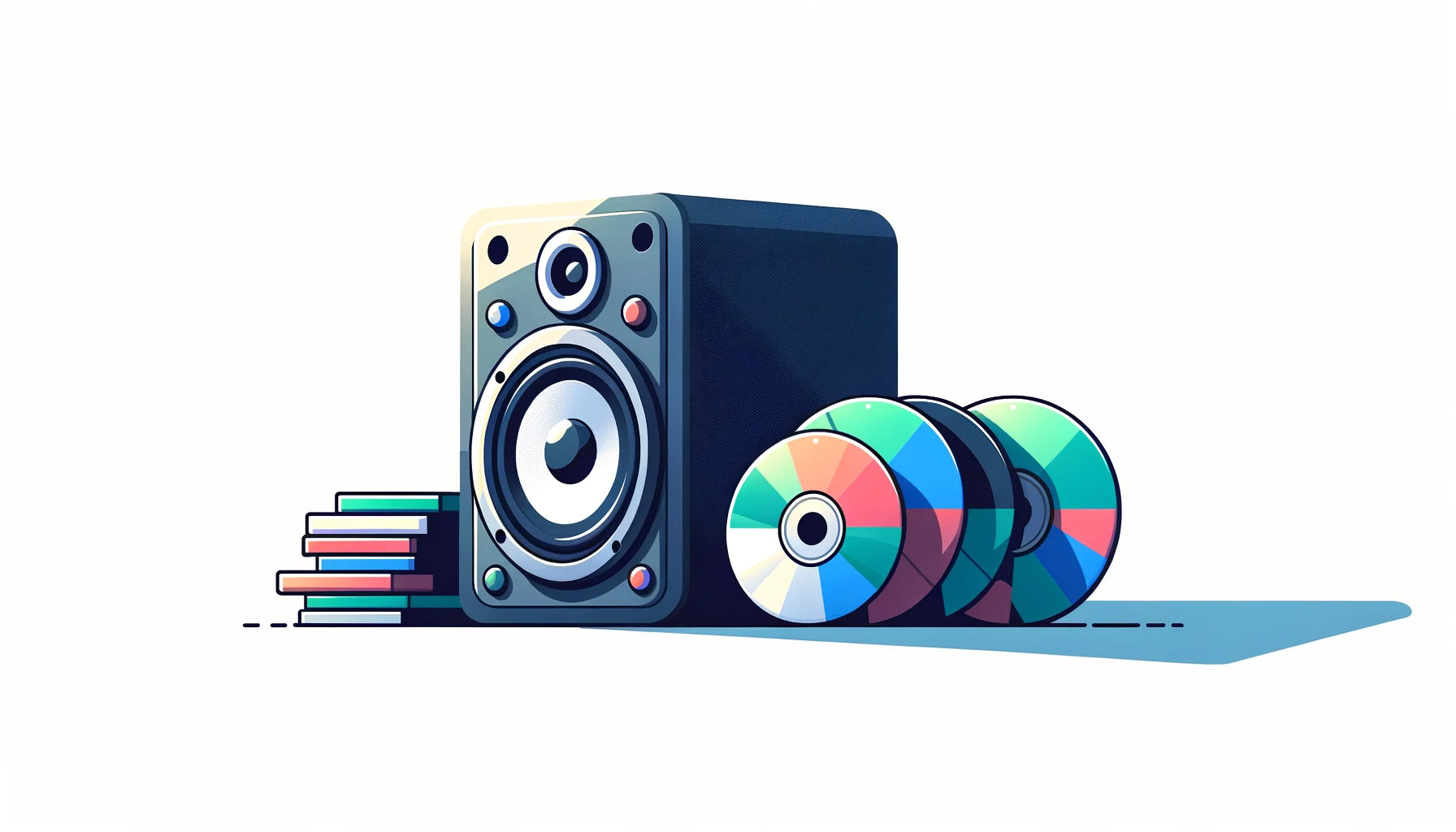How to Become a Radio/Podcast Producer: Step-by-Step Career Progression & Tips
Find out what it takes to become a radio/podcast producer in today's guide.

Looking for a fresh, exciting start?
Or are you in school exploring potential opportunities in audio production and engineering?
How about a career as a radio program producer? Well, it may open many exciting doors in the broadcast world.
Radio production skills are also in demand with the rise of podcasts.
Becoming great at producing audio shows can even open more doors in TV, theatre, and film.
Now for your questions:
● What does the job entail?
● How much does it pay?
● What are the responsibilities?
● Which qualifications are required?
Join us as we explore the field in detail, and leave with tips on how to become the best radio producer you can be.
Let’s get started:
1. Who is a Radio Producer?
You can think of the radio producer as the show manager, who oversees major aspects of a radio show, right from the topics of discussion to booking on-air guests.
The producer will be the little voice giving directions to the radio presenters, actively managing the show as it progresses. They may be the creative force, steering the show through the pre-production stages and ensuring that hosts deliver their best.
As a keen radio listener, you’ll often hear the host saying, “My producer says that we have to go on break.”
Now, you can work as a radio producer in different capacities:
● Executive or content producer: The role largely entails booking guests, organizing callers, cueing the music, running contests, and generally producing the show content.
● Imaging producer: Imaging is the audio branding leveraged to make radio stations sound unique—for instance, the radio promos, stingers, commercials, and bumpers. Imaging producers, also called creative producers, produce the imaging played on-air and may delve into the in-house production of commercials for clients.
● Technical producer or board operator: With talk radio shows, the producer is often located in a separate room and runs the broadcasting desk. They may control the sound levels, breaks, etc.
Next, let’s look at the typical duties and responsibilities that you may find in a job description for a radio producer:
2. Radio Producer Duties and Responsibilities
The radio producer ensures the smooth production of audio content for a live or prerecorded show on a typical day. As the Breakfast Show kicks off in the morning, they will communicate their daily expectations and give their feedback as the show ends.
The rest of the day will be busy preparing for the next show. They will also work in close collaboration with the program director.
The audio producer for a podcast may also have quite a busy day, booking guests, editing, troubleshooting, finding new stories, or preparing show notes:
Responsibilities:
● Discuss the show topics and direction with the program director and assistant program director
● Network and establish relationships with persons of interest
● Collaborate with the on-air Talent and other workmates on show execution
● Produce show segments and features
● Come up with talk show topics
● Help in the selection of on-air guests
● Ensure conformity with rules prohibiting obscene, indecent, and profane content.
● Monitor the show competitiveness and analyze performance based on rating results
● Offer direction to the talent on promotional mentions, breaks, interview questions, etc.
● May be required to run the broadcasting desk.
● Come up with shows from idea ideation to the final production
● Help produce and run live game shows
● May be required to produce scripts
● Helps choose music and appropriate styles for promos, PSAs, and programs
If the role entails working with a podcast, additional responsibilities may include:
● Using audio techniques and audio mixing to create engaging show episodes;
● Repurposing video or text content such as blogs into engaging podcasts;
● Partnering with hosts to find and investigate compelling stories;
● Polishing rough cuts and incorporating show notes;
● Distributing the podcast episode on all target platforms;
● Oversee the recording sessions, and ensure the smooth running of remote interviews.
3. Qualifications to Become a Radio Producer
The required qualifications will differ depending on the job role and the necessary experience. Some of the basic qualifications entail:
● Minimum working experience in a relevant field (for instance, 3 years in talk radio)
● Good phone skills
● Top-notch scripting, writing, and audio editing skills
● Ear for music and quality sound
● Knowledge of specific radio broadcasting systems
4. Radio Producer Career Path - Steps to Become One
Here is the career progression you can follow to become a radio producer:
Step 1: Education
You may only need a High School Diploma or equivalent to qualify for most positions. That doesn’t mean you don’t need formal media training or college education. Employees may prefer candidates with college degrees or formal media production training.
● A bachelor’s degree in journalism, media production, media arts, or mass communication.
● An online radio production program
Step 2: Gain the experience
● Apply for entry-level roles with off-radio duties such as intern or writer
● Volunteer for podcast audio editing jobs
● Join community radio teams
Step 3: Find opportunities
● Think national and global to find opportunities
● Try job boards such as indeed.com
● Network as the best jobs never make it to job boards
● Attend industry events
Step 4: Keep training & honing your craft
● Take on more courses to keep improving your craft
● Try something new, work in new fields, learn music production, etc.
How much will it pay?
According to Payscale, the average salary of a radio producer is $46,482. But roles can pay over $100,000, according to Glassdoor.
5. Tips on Becoming a Good Radio Producer
How do you become a great radio producer? Let’s get down to the basics. A good radio producer delivers exceptional shows, works seamlessly with hosts, and furthers the station’s goals.
Here are some handy tips to try:
-
Connect with the hosts by building a great working relationship
-
Know the show production process intimately, from ideation to the final production
-
Understand your working environment and tools of the trade
-
Keep an eye out for any mistakes that you make, note them down, and aim to improve
-
Be open to feedback
-
Answer the why question. Why are you working as a radio producer? Why does it matter?
-
Watch out for trends in your industry
-
Keep networking
-
Don’t be afraid to volunteer your time to gain the relevant experience
-
Chase new opportunities and harder challenges
-
Develop your ear and eye for creativity
-
Know what your audience is seeking
-
Be confident in your work
You can even become an online radio station proprietor by creating one right here on CloudRad.io. It’s a chance to practice your skills by creating and hosting your shows, which give you a proper perspective of broadcasting from all sides.


